Academic departments reduce the number of Advanced Placement courses offered
History Teacher Peter Sheehy discusses 19th century American history with his Advanced Placement United States History (APUSH) class of juniors. APUSH is one of multiple AP classes being discontinued.
December 14, 2022
The English, History and Math Departments are removing several Advanced Placement (AP) courses from their offerings following changes to the school’s approach to AP courses, beginning in the 2023-2024 school year.
The English Department is discontinuing all of its AP courses, the History Department is discontinuing AP United States History (APUSH) and the Math Department is discontinuing AP Computer Science. APUSH and AP English courses will be changed to honors-level courses, and AP Computer Science will be replaced by an unweighted Advanced Computer Science course.
In light of the replacement of AP classes with honors courses, the school is changing its AP limit policy to an AP and Honors limit. Under the new system, sophomores will be able to take a maximum of three AP and honors courses, and juniors and seniors will be able to take a maximum of five.
Head of Upper School Beth Slattery said the adjustment to the classes themselves was inspired by many teachers feeling limited by the AP curriculum.
“The changes were mostly inspired by the quality of our faculty and the fact that they are more than capable of creating a curriculum better than what the College Board can design,” Slattery said. “AP courses can be limiting because they’re tied to an external test, as they’re designed for schools with fewer resources than us that need an external way of validating the quality of a student’s performance. So we’re not philosophically saying we’re against APs, but we want the experts in the subjects to decide what is best for our students.”
Science Teacher and Chair of the Faculty Advisory Committee (FAC) Heather Audesirk said FAC decided to slowly phase out AP classes upon growing conversations about the role the AP program has at the school and will continue to discuss if all AP classes should be eliminated.
“In the discussions in FAC, it immediately became apparent that different departments had different opinions about AP classes,” Audesirk said. “This meant that it didn’t feel right to make a sweeping policy that would require everyone to eliminate their AP classes or require people to keep those classes. The general consensus seemed to be that it might be in the best interests of the school to begin the process of phasing out AP classes, especially in subjects where the APs weren’t serving the teachers and students well.”
History Department Head Larry Klein said the History Department felt that because the school’s APUSH course does not explicitly follow the AP curriculum and prepare students for the exam, the change better represents what the course is.
“This change clarifies that we’re not teaching the College Board curriculum, but instead, teaching our version of an advanced United States history course,” Klein said. “By having the AP title attached to it, the course and student attention become too centered on the AP exam, and while the course coincidentally prepares [students] for the exam, it has never been the centerpiece of the course.”
English Department Head Larry Weber said as the AP exam has become less important in the AP English courses, the English Department wanted more freedom to design their courses.
“As the AP test and its results have become de-emphasized, we wanted to continue to develop our senior electives, with the same rigor and more creativity, outside the auspices of the College Board,” Weber said.
Math Department Head Kent Nealis said while the Math Department felt that the AP designation was not benefitting AP Computer Science, he generally believes that the AP designation serves math classes.
“We looked at each course individually and thought about the considerations of staying in the AP program,” Nealis said. “If the AP curriculum fits with the objectives of the courses, then there isn’t really a compelling reason to not continue with the AP program. AP classes also keep us accountable because we have to cover certain topics and ensure a certain level of rigor, and the College Board offers many online resources that we want to continue using.”
Clara Conrad ’25 said she feels that the removal of humanities AP classes will harm her college admission prospects because of her focus on the humanities.
“I’m a humanities kid who can barely do addition, but I’m pretty good at history and language, and that’s kind of my only shot at getting into a good college,” Conrad said. “Because of that, I think it’s unfair that we aren’t offered as many high-level classes as the STEM kids are. I’m genuinely disappointed about the decision, and I think this will impact my college admissions. I think I’ll self-study for as many AP tests as I can, as I need the scores to get into the school I want to go to, but I really wish I could still take the APs in school.”
Upper School Dean Sharon Cuseo said she believes the school’s non-AP courses are more beneficial to students during the college process because of their distinctiveness.
“One of the unique benefits of Harvard-Westlake is the breadth of our curriculum,” Cuseo said. “If we just offered traditional AP courses, our students [would] look like every other student in the country, with no way of distinguishing them. So it’s actually advantageous for our students to have more interesting curricular options.”
Izzy Kashper ’24 said she is disappointed in the removal of AP English classes because she feels they create an engaging educational environment made up of students who are passionate about asubject.
“APs create a wide selection of niche literary classes for students to choose from, and they allow people who really love English to be in a room with others who share their passion,” Kashper said. “The classroom environment that AP classes provide are stimulating and engaging.”
Tess Rosenfeld ’25 said though she was initially disappointed in the decision to discontinue APUSH, she trusts the administration’s judgement and is happy to know there will still be an advanced history course.
“Originally, I was disappointed that HW was getting rid of APUSH, as I take AP Euro this year, which has been extremely rewarding,” Rosenfeld said. “As someone who enjoys history, I wanted the opportunity to take an advanced history class junior year as well. However, I found out that it will be an option to take Honors US History in place of APUSH, and I think that I will be equally challenged by that course. I fully trust the administration in this decision, because I know that they have our best interests in mind.”
Kashper said that because the school has a reputation for its academic rigor, it should avoid efforts to push against that, such as limiting APs.
“If we are named the number two [private] school in the nation, we should stop trying to be something we’re not,” Kashper said. “We are a very academically rigorous school and to take [away] the challenging opportunities [students] voluntarily signed up for either for college admission chances or simply their love for a subject makes no sense.”
President Rick Commons said the change is a part of a broader effort by the school to prioritize student well-being and adapt to the changing college admission environment.
“I think that it represents two important goals for us: first, student wellness and balance in their lives, and second, opportunities at selective colleges,” Commons said. “Those two things have always been thought of as an inverse relationship, but it is our conviction that there is a positive correlation, a direct relationship between increasing student wellness and providing opportunities in selective college admission because by limiting the number of APs and Honors courses that students can take, students will be encouraged to do things that they’re passionate about.”


































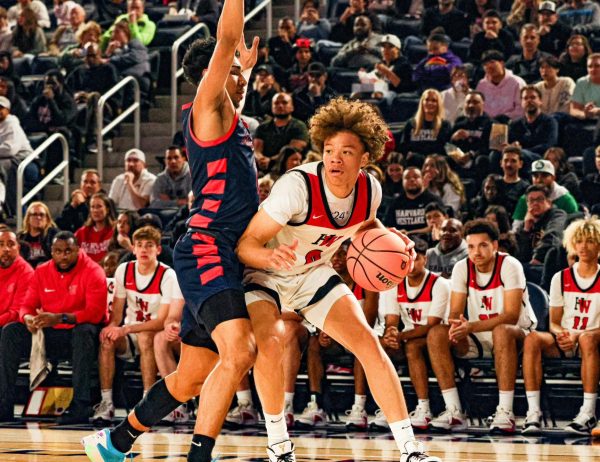

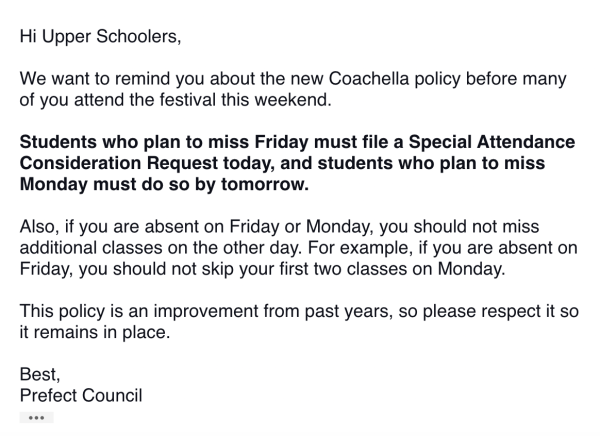
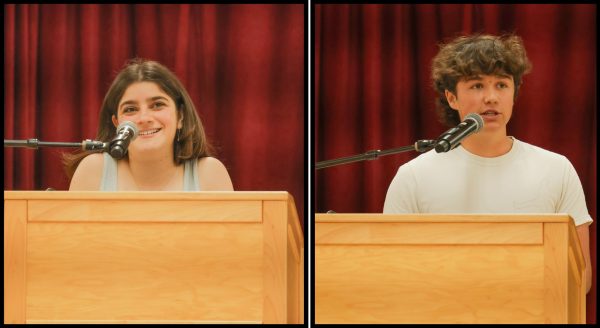
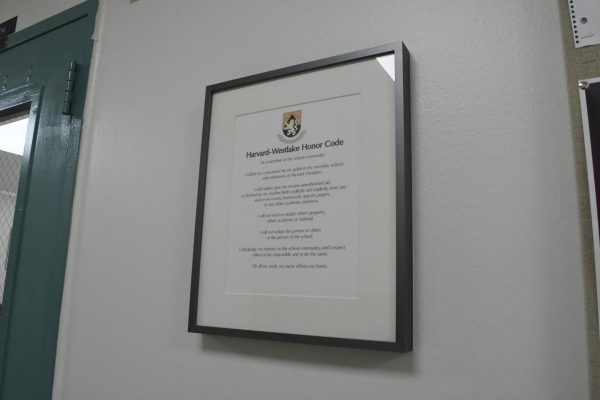


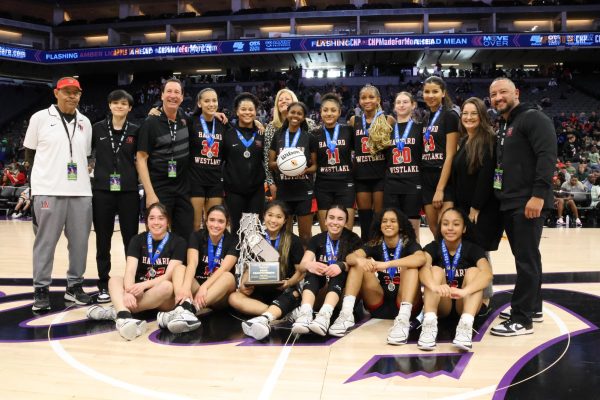

John Doe • Jan 23, 2023 at 3:47 pm
This will harm students’ ability to be admitted to universities in England, where AP’s and SAT scores are the sole academic factors evaluated during the admissions process. Eliminating APs will render students unable to attend universities such as Oxford and Cambridge unless they self-study 4+ AP courses themselves, or manage to take them in subject-areas of relevance to their degree still offered by HW.